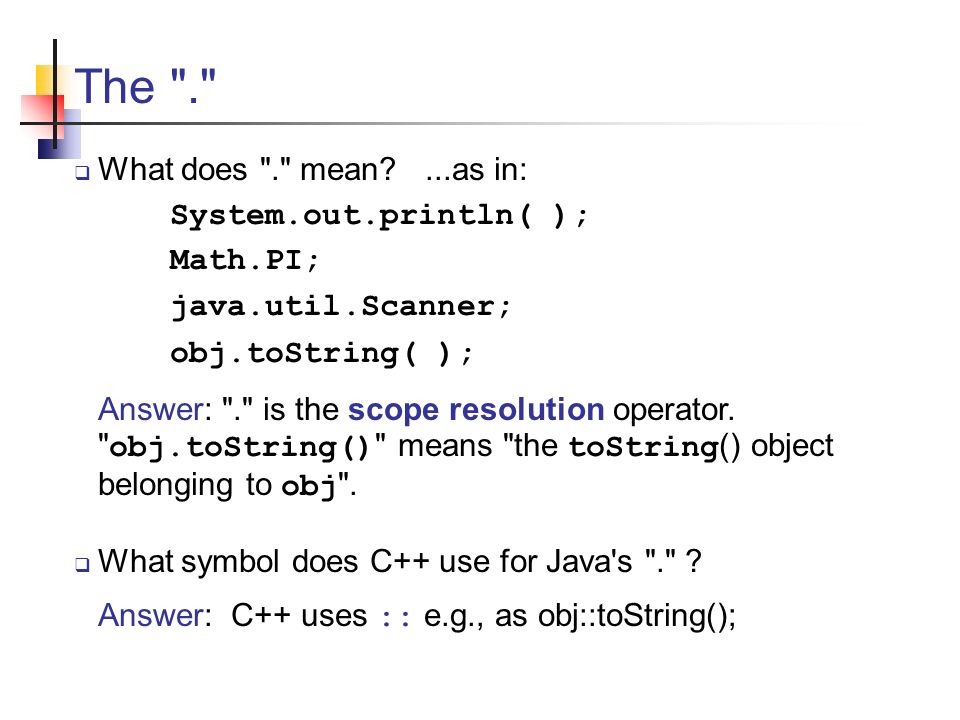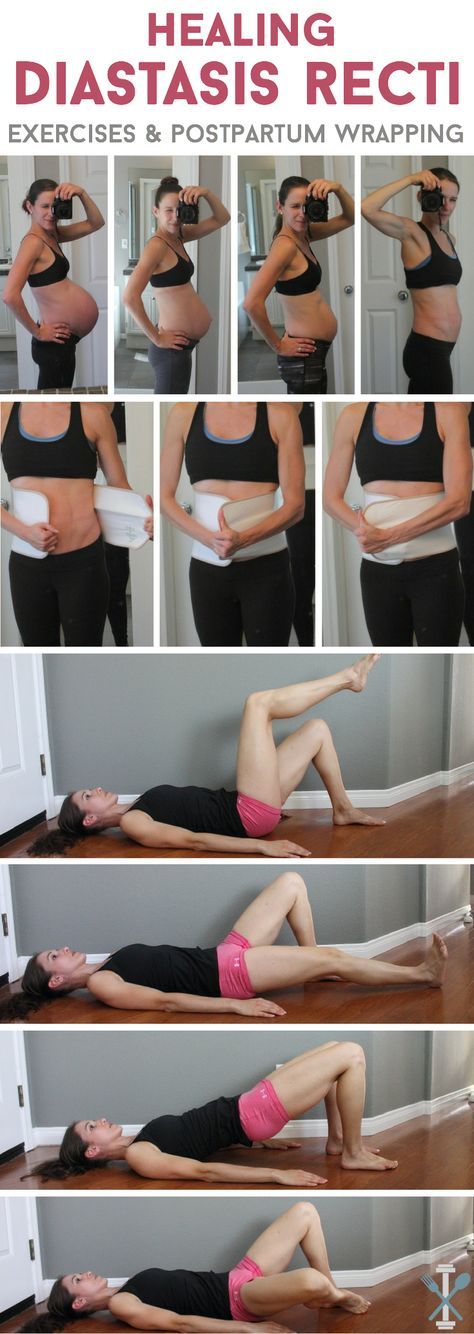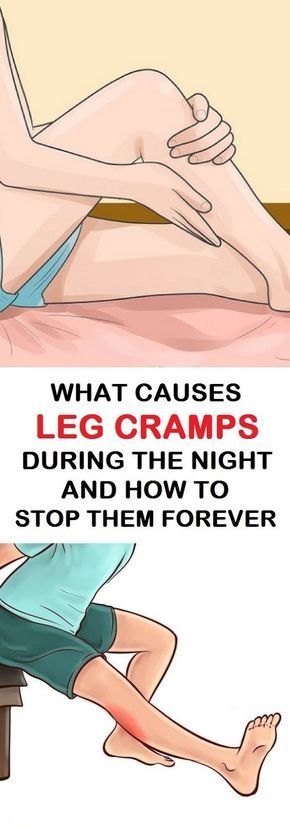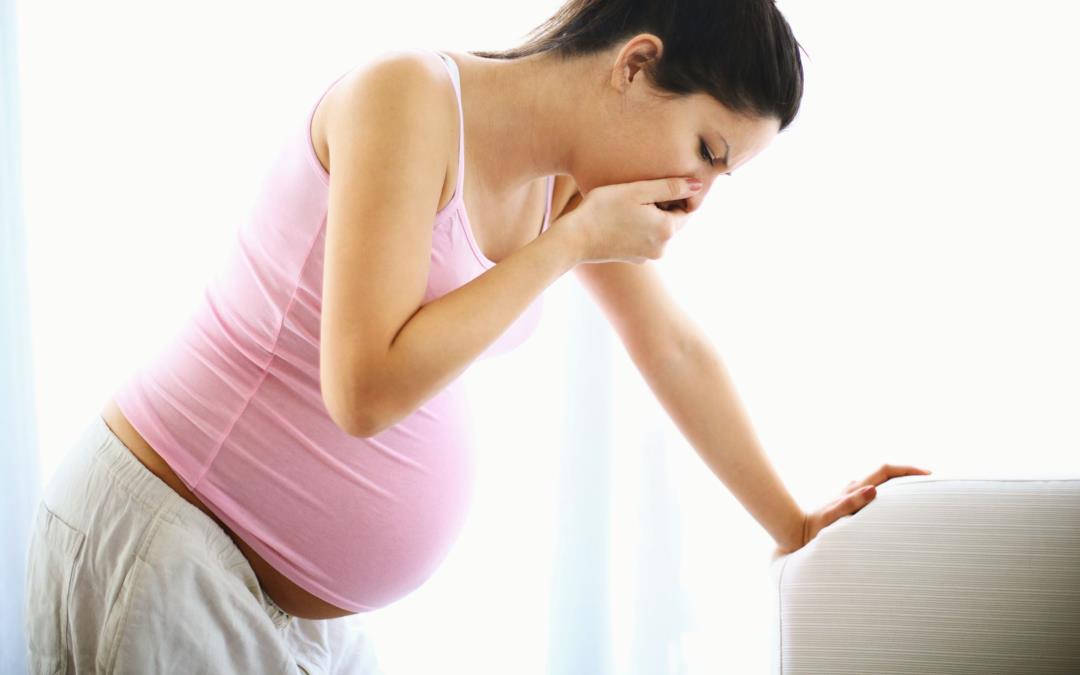No energy during pregnancy
The Most Tired You've Ever Felt
Growing a human is exhausting. It’s as if a magical spell was cast the day your pregnancy test came back positive — except Sleeping Beauty’s fairy didn’t gift you with 100 years of rest and true love’s kiss is what got you into this.
If only you could sleep more…
It’s completely normal for a pregnant woman to feel fatigued, especially during the first and third trimesters.
Somewhere between morning sickness and elastic waistbands, Little Bo-Peep has lost your sheep (she probably sold them to Sleeping Beauty) and there are none left for you to count to sleep.
One of the first signs of pregnancy is fatigue. It smacks you by surprise, like the sliding glass door you assumed to be open.
Beginning as early as conception and implantation, pregnancy hormones instantly affect your body, mood, metabolism, brain, physical appearance, and sleep pattern.
In the second trimester, which begins at week 13, many women get a fresh surge of energy. This is a great time to tackle those important before-baby-arrives chores, because as you enter the third trimester, which begins at week 28, that extreme exhaustion returns.
Simply put, you feel tired because you’re growing a baby.
In addition to hormonal changes, physical and emotional changes also lower your energy levels and make you feel fatigued.
Some of these changes include:
- increased levels of estrogen and progesterone (which, by the way, acts as a natural sedative)
- lower blood pressure and blood sugar
- increased blood flow
- disrupted sleep
- digestion issues
- morning sickness
- stress and anxiety
- frequent urination
- heartburn
- back, hip, and pelvic pain
When to contact your doctor or midwife
If insomnia, restless legs syndrome (the uncontrollable urge to move your legs while resting), sleep apnea (a potentially serious disorder in which breathing repeatedly stops and starts), preeclampsia, or any other condition is hindering your sleep, talk to your doctor or midwife during your next appointment.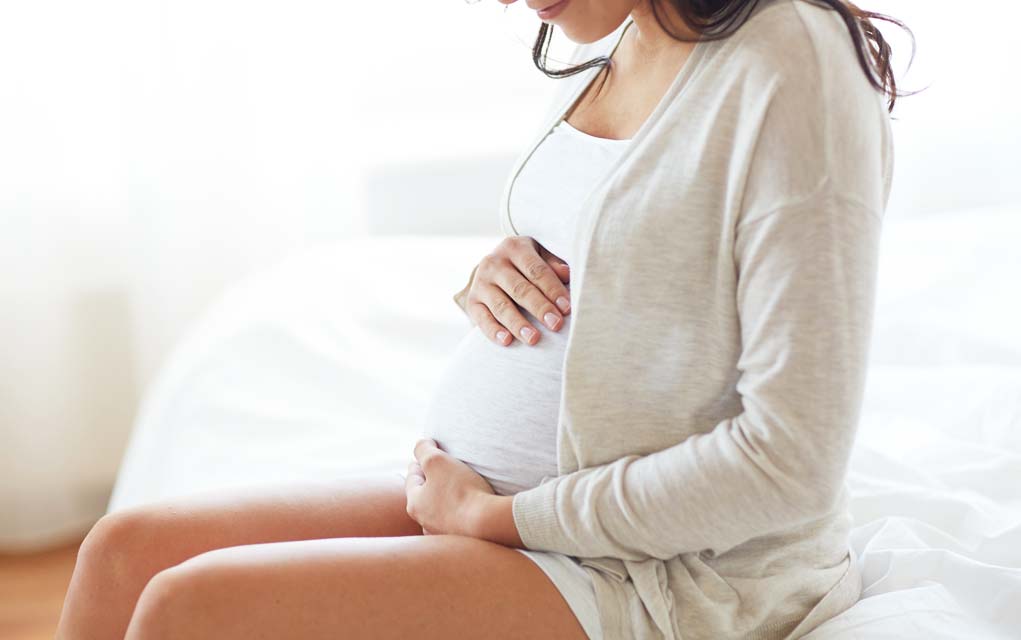
Other reasons to contact your doctor or midwife include, if you:
- feel concerned that the pregnancy fatigue is a sign of something more, like anemia, gestational diabetes, or depression
- develop any changes in your vision
- experience dizziness
- urinate less frequently
- have shortness of breath, pain in your upper abdomen, or heart palpitations
- experience severe headaches
- notice a swelling of your hands, ankles, and feet
Your healthcare practitioner can help you uncover any problems and offer additional solutions.
Growing a baby obviously takes a toll on your body. Don’t ignore the signals your body is sending you. Reach out to others if you’re struggling to sleep throughout your pregnancy. Ask for help from your partner.
No matter how tired you get, you should avoid taking any over-the-counter medicines as a sleeping aid.
Most pregnant women should spend at least 8 hours in bed, aiming for at least 7 hours of sleep every night. If possible, try going to sleep a little earlier than usual.
If possible, try going to sleep a little earlier than usual.
As your body changes, make sleep a priority and follow these tips to combat pregnancy fatigue:
Keep your bedroom dark, clean, and cold
Create the right atmosphere for optimal rest.
In order for your body to reach deep sleep, cover any windows with blackout curtains. Turn off any digital clocks and unplug nightlights illuminating a glow (cover the display with electrical tape if you don’t want to completely turn the device off).
Set the bedroom temperature a little cooler than the rest of your home, for optimal quality of sleep. Eliminate any needless clutter and wash your bedsheets often. Save your bed for sleep, cuddling, and sex.
Take a nap
Napping can make up for any sleep lost at night, due to frequent trips to the bathroom, body aches, and every other pregnancy irritation. Avoid napping in the late afternoon and early evenings.
If your employer frowns upon nap time, find a good spot in the breakroom and put your feet up while you eat lunch.
Eat healthy meals and stay hydrated
In the beginning, pregnancy can also lower your blood pressure and blood sugar, which can make you feel tired. But a lack of sleep can cause your blood sugar levels to rise, increasing the risk for gestational diabetes.
Keep your blood sugar and energy levels balanced by eating often, such as six small meals a day. Frequent meals that are high in nutrients and protein help to combat fatigue.
To avoid nighttime leg cramps, stay hydrated by drinking enough water and fluids throughout the day.
Keep a pregnancy journal or dream diary
Keep a journal throughout your pregnancy. If you’re feeling anxious or stressed, try writing in it.
Pregnant women experience more vivid dreams and better dream recall, due to hormonal shifts affecting sleep patterns, increased fatigue, and repeatedly waking in the middle of a sleep cycle.
Sleep diaries can also be enlightening, providing concrete data about your bedtime, how long it takes for you to fall asleep, nighttime awakenings, awake time, and sleep quality.
Avoid caffeine after lunchtime
As far as stimulants go, caffeine may keep you awake long into the night or cause you to wake more frequently. It can also keep your baby active, kicking and rolling around inside your belly as you try to sleep.
Experts recommend pregnant women limit their caffeine intake to two home-brewed cups of coffee, or less than 200 milligrams, per day.
Pamper yourself
Ask for help from family and friends. Take a warm bath. Ask your partner for a massage. Take a break.
Wear soft, non-restrictive clothing and sit in a cozy chair with a good book and read for a little bit. Light a lavender candle. Play soothing instrumental music. Have a cup of warm chamomile tea.
You get it.
Exercise
The demands of pregnancy together with the weight gained puts an enormous amount of pressure on your body.
In addition to more restful sleep, The American College of Obstetricians and Gynecologists states the following benefits of exercise during pregnancy:
- reduced back pain
- eased constipation
- decreased risk of gestational diabetes, preeclampsia, and cesarean delivery
- healthier weight gain during pregnancy
- improved overall general fitness
- strengthened heart and blood vessels
- improved ability to lose the baby weight after your baby is born
It can take a few hours for your body to fully wind down after energetic workouts, so plan for any physical activity to take place earlier in the day. If the exercise is light, like yoga, it’s unlikely to interfere with your sleep.
If the exercise is light, like yoga, it’s unlikely to interfere with your sleep.
Always check with your medical practitioner or midwife before beginning a new exercise program during pregnancy.
Pregnancy can be a tiring experience — both emotionally and physically. It’s important to remember: You are not alone.
Nearly all women experience more fatigue than usual at some point during their pregnancy. Take it as a message from your body. It’s telling you to rest, and you should definitely listen.
Lack of Energy During Pregnancy
A lack of energy during pregnancy is a common frustration experienced by many expecting mothers. The extent to which you experience a lack of energy will vary from woman to woman and may be different from pregnancy to pregnancy. The first trimester is most commonly when a lack of energy is experienced; however, it is also common during the third trimester. Many women report that they feel less tired during the second trimester.
A lack of energy during pregnancy is often triggered by the hormonal changes that happen during pregnancy.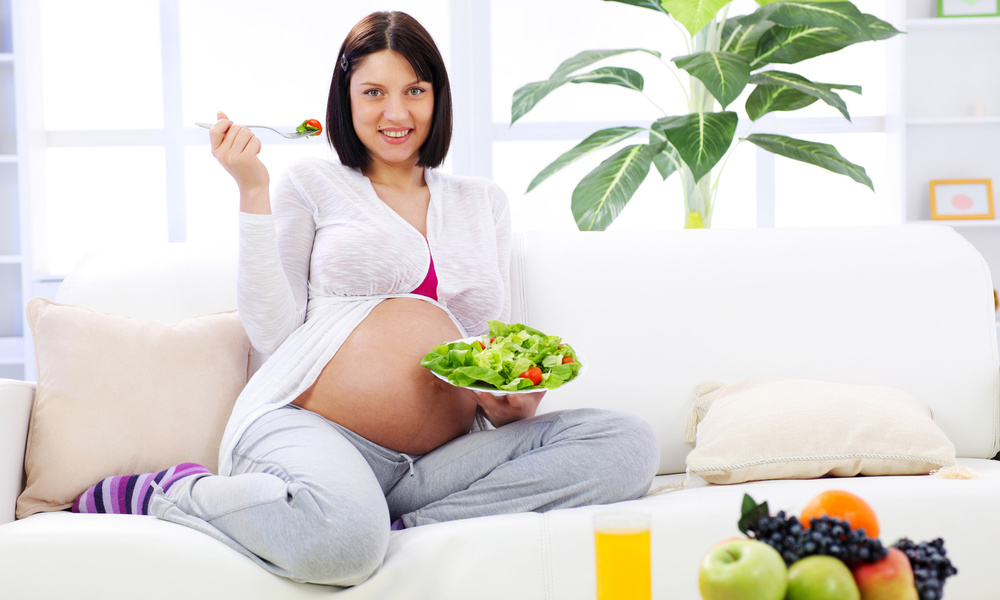 The primary hormone affecting this change in energy levels is progesterone. In addition, the increased blood flow during pregnancy decreases your blood pressure, and this is also thought to be a contributing factor to lower energy levels during the first trimester.
The primary hormone affecting this change in energy levels is progesterone. In addition, the increased blood flow during pregnancy decreases your blood pressure, and this is also thought to be a contributing factor to lower energy levels during the first trimester.
Your emotional health and wellness may also lead you to experience a lack of energy while pregnant. Stress, mood swings, or anxiety, which all tend to increase with the onset of pregnancy, can cause you to feel mentally exhausted. Unfortunately, each of these factors is a normal part of pregnancy, which makes a lack of energy normal as well.
Lack of Energy During the Second Trimester
More than likely you will have noticed an increase in your energy levels as the second-trimester approaches. However, do not give yourself a hard time if you are one of the many women who continue to experience a lack of energy while pregnant in the second trimester.
An increase in energy levels during the second trimester is often what leads expecting mothers to take advantage of this time by baby planning, setting up the nursery, and shopping for things your baby will need.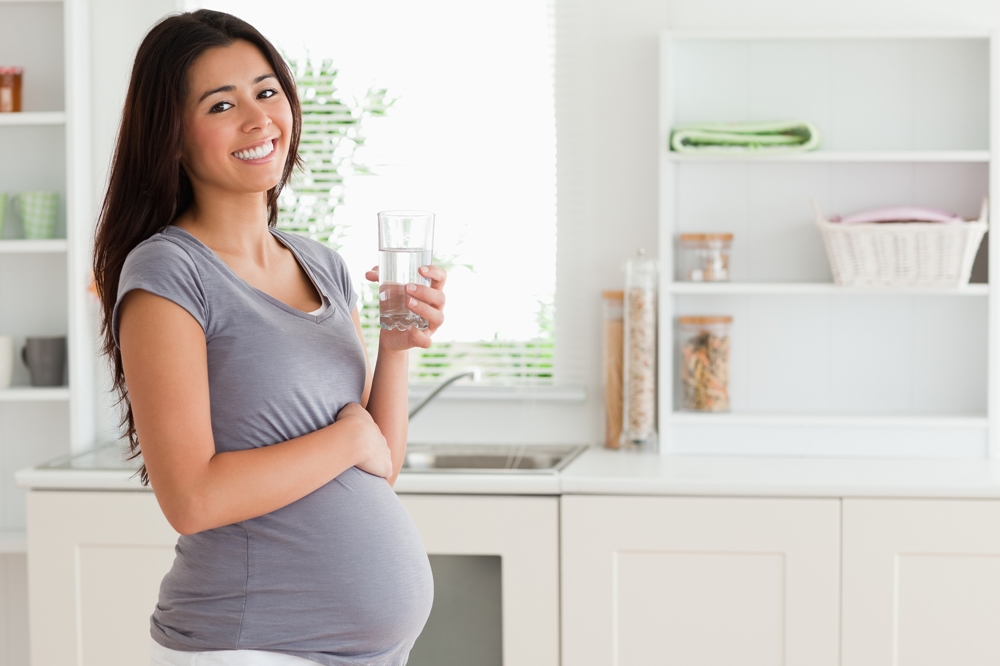
Lack of Energy During the Third Trimester
Experiencing a lack of energy during the third trimester should be anticipated. Your baby is really growing, your body is changing, and you are having to exert more energy to get things done. This extra effort will easily drain your existent energy and leave you feeling tired or exhausted. Getting adequate sleep may also be more challenging as your body changes and your baby grows.
The lack of quality sleep can leave you with less energy and feeling tired.
How to Manage a Lack of Energy During Pregnancy
There are a few things you can do to help counteract a lack of energy. You may find that some of these tips work for you, but more than likely you will want to incorporate all possible steps to give you the best chance for feeling more energetic.
Here are steps you can take:
Sleep, Naps, and Rest
Give yourself the freedom to take naps or bed rest as you experience these moments of low energy while pregnant.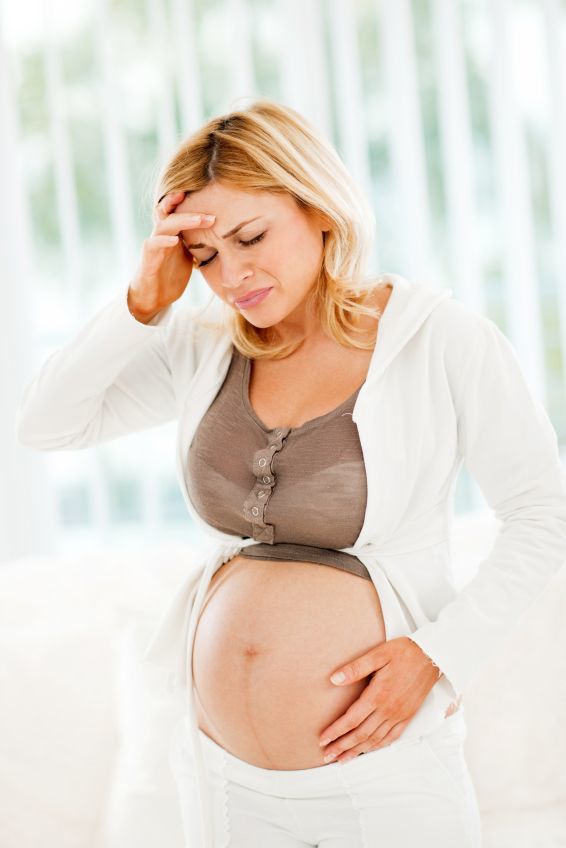 Go to bed early or sleep in. If you are working, you might take your lunch hour or breaks for quick cat naps.
Go to bed early or sleep in. If you are working, you might take your lunch hour or breaks for quick cat naps.
Change Your Schedule
Limit activities or give yourself the freedom to say “no” to new responsibilities. You can also speak to your boss about possibly shortening your day or extending an afternoon break for more rest.
Alter Exercise Plans
Exercise is good for both you and your baby. However, it is possible that you are overdoing it and draining your energy. You might find changing your exercise routine or limiting some of your workouts increases your energy. Talk to your healthcare provider before you quit exercising as the benefits likely outweigh a drain on energy levels.
Eat Healthily
Well balanced nutrition also contributes to energy levels. Nutrients such as protein, iron and the calories that come with them invest in your energy levels. Eating unhealthy or eating an abundance of carbohydrates and starches can reduce your energy.
Want to Know More?- Early Pregnancy Symptoms
- Fatigue During Pregnancy
- Pregnancy Nutrition
Compiled using information from the following sources:
Roger W.![]() Harms, M.D., E.-I.-C. Mayo Clinic: Guide to a healthy pregnancy. USA: American Academy of Pediatrics.
Harms, M.D., E.-I.-C. Mayo Clinic: Guide to a healthy pregnancy. USA: American Academy of Pediatrics.
Drowsiness and fatigue during pregnancy - causes and how to deal with them
“Pregnancy is not a disease,” a future mother can hear when she complains of fatigue or that she cannot quickly cope with her usual activities, concentrate . And it is true. Pregnancy is not a disease, but a huge complex of physiological processes that take place in the female body and give life to a new person. It is not surprising that the creation of a new life takes a lot of strength and energy from a woman.
Fatigue during pregnancy is a normal reaction of the body to bearing a child, as well as drowsiness, inability to concentrate and mood swings.
Where does the strength of a pregnant woman go and what causes fatigue during pregnancy at different stages?
Sleepiness and fatigue in early pregnancy
Tiredness in early pregnancy is easy to explain.
First, the fetus actively grows and develops, its internal organs are formed.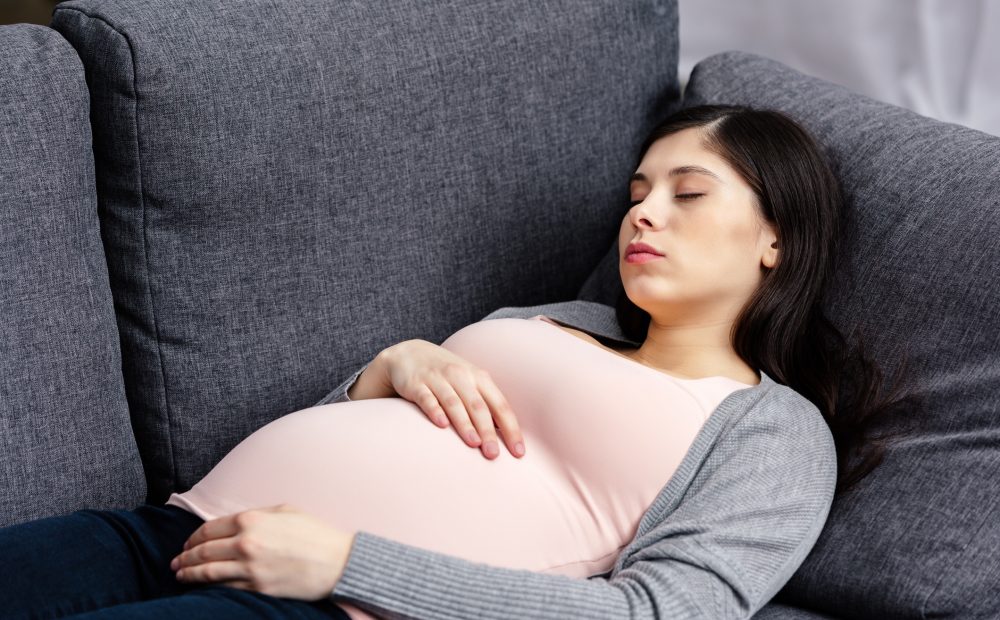 The processes of synthesis of proteins and other molecules, acting as a "building material" for new cells, proceed rapidly. This wastes energy.
The processes of synthesis of proteins and other molecules, acting as a "building material" for new cells, proceed rapidly. This wastes energy.
Secondly, a powerful hormonal restructuring takes place in the body of a pregnant woman, an additional circle of blood circulation is formed. The circulatory system is rebuilt, the load on the heart increases. The hormone progesterone, produced in the first weeks of pregnancy, affects vascular tone, lowering blood pressure. If you have experienced low blood pressure personally, then you know this condition. Similarly, a pregnant woman experiences drowsiness, it is difficult for her to concentrate.
Thirdly, all the resources of the body are directed first to the formation and development of the fetus, and then to the normal needs of the female body. This applies to both energy and nutrients. A woman simply does not have enough “fuel” to provide not only for her unborn child, but also for herself. This is especially acute for women who do not take vitamins during pregnancy. The fact is that many vitamins and minerals, on the one hand, are needed for energy production (especially for B vitamins), on the other hand, these same micronutrients are needed for the proper development of the fetus. For example, from vitamin B9depends on the closure of the neural tube - the basis of the spinal cord and brain.
The fact is that many vitamins and minerals, on the one hand, are needed for energy production (especially for B vitamins), on the other hand, these same micronutrients are needed for the proper development of the fetus. For example, from vitamin B9depends on the closure of the neural tube - the basis of the spinal cord and brain.
And, finally, toxicosis also contributes to fatigue in the first trimester. This condition can be accompanied not only by nausea and vomiting, but also by drowsiness, fatigue, and rapid mood swings. Toxicosis, if it passes without health complications, is considered a normal, although not very pleasant, element of pregnancy. In this case, one of the likely causes of toxicosis is a lack of vitamin B6.
By the second trimester, the hormonal background stabilizes, but other reasons lead to weakness and drowsiness during pregnancy.
Late term drowsiness
The fact is that in the third trimester the child's weight becomes quite significant and grows rapidly.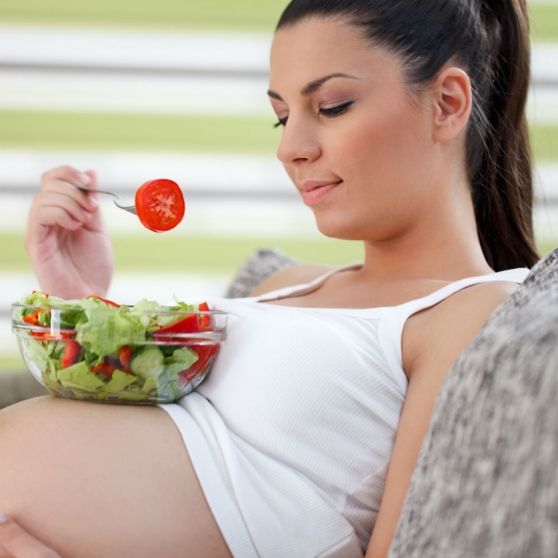 The weight of the placenta and the fluid that fills it should be added to the weight of the fetus. That is why the load on the body of a pregnant woman (especially the legs and back) becomes palpable. Even after walking a short distance, a woman may feel tired, as if she was carrying heavy loads. And yet it is so!
The weight of the placenta and the fluid that fills it should be added to the weight of the fetus. That is why the load on the body of a pregnant woman (especially the legs and back) becomes palpable. Even after walking a short distance, a woman may feel tired, as if she was carrying heavy loads. And yet it is so!
Another cause of late-term sleepiness is rather commonplace. With a large belly, it is more difficult to fall asleep and get enough sleep. It is difficult for a woman to turn around or take her usual position, the child may begin to push in her sleep. After all, if in ordinary life we don’t get enough sleep for a night or two, then we can sleep off on the weekends, and there are no days off from pregnancy.
But drowsiness during late pregnancy can be a symptom of a dangerous disease - anemia, lack of iron in the body. It is especially bad because it develops gradually, and it can easily be mistaken for ordinary overwork. Pallor, fatigue, rapid pulse, heart pain, dizziness and fainting during pregnancy are all signs of anemia and a reason to see a doctor as soon as possible. It is impossible to delay a visit to a specialist: anemia can have the most serious consequences, up to the loss of a child. Iron supplements usually help prevent anemia. It is better to choose iron in liposomal form, which is well absorbed.
It is impossible to delay a visit to a specialist: anemia can have the most serious consequences, up to the loss of a child. Iron supplements usually help prevent anemia. It is better to choose iron in liposomal form, which is well absorbed.
How to deal with drowsiness and fatigue during pregnancy
Despite the fact that the beginning of pregnancy, most women spend at work in the same mode as usual, experts strongly recommend that they slow down their rhythm of life a little and take more rest.
Great changes are taking place in the body of a pregnant woman, and it would be wrong to load oneself with work in the same way as always. And if a woman says that her pregnancy was much easier and she didn’t need rest, you can only be happy for her, but you should listen only to your feelings.
How to deal with drowsiness during pregnancy, or at least reduce the level of fatigue as much as possible?
- You should definitely get more sleep. Lack of sleep makes a person shaky, nervous.
 Which, in turn, greatly affects the level of stress. Stress interferes with normal sleep - and the circle closes. You can buy special pillows under the stomach, which help to take a comfortable position in a dream.
Which, in turn, greatly affects the level of stress. Stress interferes with normal sleep - and the circle closes. You can buy special pillows under the stomach, which help to take a comfortable position in a dream. - Eat properly and fully! This will help to provide both organisms - both the mother and the unborn child - with everything necessary, as well as avoid health problems, prevent weight gain that affects the feeling of fatigue, especially by the last trimester. Be sure to include vitamin and mineral complexes for pregnant women in the diet, for example, Pregnoton Mom - with B vitamins, liposomal iron and other micronutrients that are important for the health of mother and baby.
- Walking in the fresh air (especially in the morning, when the least amount of gas pollution) will help to tone the muscles, enrich the blood with oxygen.
- Take CoQ10. It is involved in energy production at the cellular level. That is, it does not work as an energy tonic, but helps the body naturally efficiently extract energy from food.
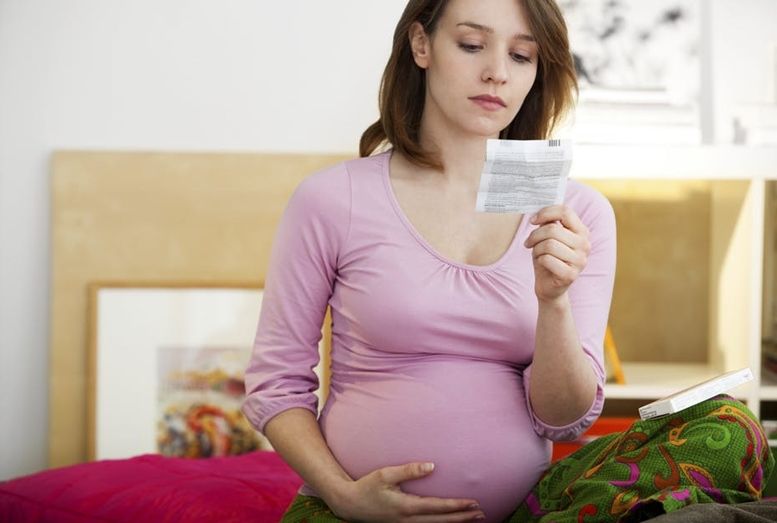 In addition, studies show that CoQ10 reduces the risk of preeclampsia and other pregnancy complications.
In addition, studies show that CoQ10 reduces the risk of preeclampsia and other pregnancy complications. - Vitamins C and E will also help you stay energetic and active. Vitamin C is also involved in the synthesis of energy, and vitamin E is necessary for cellular respiration, without which muscle weakness develops in the body.
- Coenzyme Q10, vitamins C and E are contained in the antioxidant complex Sinergin, which will give a pregnant woman additional energy. Of course, Sinergin is allowed to be taken throughout pregnancy.
When does sleepiness go away during pregnancy?
When will fatigue and drowsiness during pregnancy go away? It is impossible to predict this, because each woman's pregnancy is individual. Some will feel much better already in the second trimester of pregnancy, while others will need additional support of vitamins and antioxidants throughout the pregnancy.
It is important not to forget: fatigue, drowsiness, absent-mindedness and the inability to concentrate are manifestations of pregnancy, which are largely explained by physiology, and not by character traits.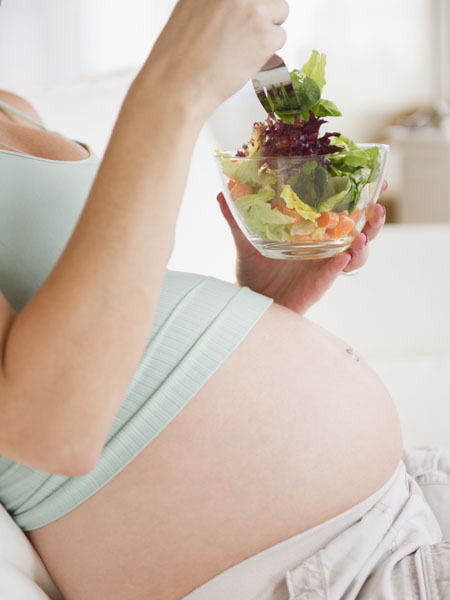 It is not necessary to give the expectant mother advice like “get together and make yourself work”, “stop being lazy”, etc. After all, having a baby is hard work.
It is not necessary to give the expectant mother advice like “get together and make yourself work”, “stop being lazy”, etc. After all, having a baby is hard work.
The world will not collapse if a woman stops carrying it on her shoulders alone, starts to rest more during pregnancy or asks for help. The most precious thing is the health and well-being of the woman herself and the unborn child.
IS NOT ADVERTISING. THE MATERIAL IS PREPARED WITH THE PARTICIPATION OF EXPERTS.
Related articles
- Coenzyme Q10 for pregnancy planning
- Pregnoton Mom: instructions for use
- Progesterone in early pregnancy
Fatigue during pregnancy
During pregnancy, a woman gets tired faster than usual, sometimes without even doing anything special. This is normal, because hormonal and psychological changes take place, and the body prepares for childbirth. Such changes can be stressful for a woman, which adds to the feeling of fatigue.
A pregnant woman develops insomnia, heartburn, heaviness in the back, spasms and cramps in the legs, and excessive fatigue may indicate anemia, especially if symptoms such as pale skin, shortness of breath, dizziness and palpitations are present. Iron deficiency in pregnant women occurs very often, as the need for iron increases due to the needs of the baby, and the hemoglobin produced by iron delivers oxygen not only to the tissues of the mother, but also to the child.
1. Proper nutrition
Nutrition of a pregnant woman should be BALANCED. Be sure to have a large amount of vitamins and minerals, especially iron and protein. A large amount of iron is found in the following foods: red meat, seafood, poultry, legumes. When consuming iron-rich foods, try to drink freshly squeezed citrus juices, which will help your body absorb minerals better. Do not forget about special multivitamin complexes for pregnant women.
2.
 Drink more fluids
Drink more fluids Lack of fluid in the body leads to rapid fatigue, but do not overdo it in the third trimester, when there is a tendency to edema, especially before bedtime.
3. Exercise
If there are no contraindications and your doctor has no objection, then try to exercise regularly. It will help to relax not only your body, but also charge you with positive. It is not necessary that this be a daily set of exercises, hiking in the fresh air is enough.
4. Help from loved ones
Do not refuse help, the care of your loved ones will be very necessary for you during this period. Not only do not refuse, but also ask for help yourself when you need it.
5. Recreation
Relax more, try to spend a lot of time doing activities that give you pleasure and satisfaction and avoid stressful situations. Use special breathing techniques to relax.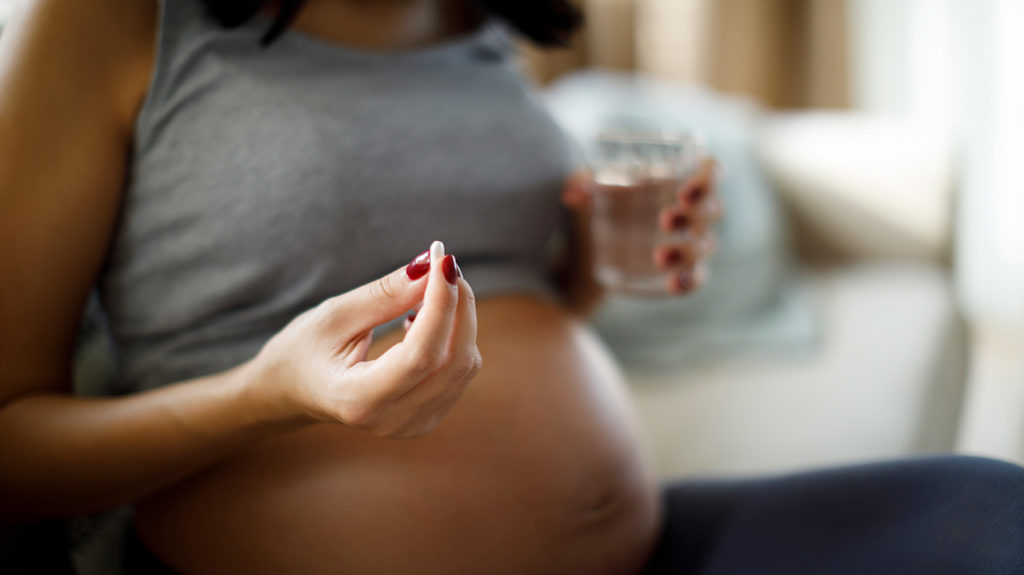 Rest more time, use every opportunity that falls to lie down to rest. If you are busy with work, be sure to take breaks, restore strength.
Rest more time, use every opportunity that falls to lie down to rest. If you are busy with work, be sure to take breaks, restore strength.
6. Third trimester
As for the third trimester of pregnancy, here, among other difficulties, there may be HEAVY AND FEELING OF TENSION IN THE lumbar. The baby has already grown up and gained weight, so long walks are becoming harder and harder. In such cases, prenatal bandages can be used to relieve heaviness in the back.
But the SPECIAL BANDAGE may not suit all women. Many cannot choose the right and suitable option for themselves, because it can put pressure and create discomfort. 9 will help you in this situation.0079 sling scarf . You can tie up your stomach with them, and it will not squeeze the child, creating inconvenience, but will provide support for both the tummy and lower back.
Many expectant mothers who have tried SLING AS A BANDAGE noted that it is really more comfortable and pleasant than a special bandage. After childbirth, the sling will come in handy not only for carrying the baby, but also for tying up the pelvis and abdomen, which will help the uterus contract faster. Often, the bandage simply tamps down the lowered organs and flattens the stomach, while tying it with a sling will just lift and “put in place” the organs and fix the stomach.
After childbirth, the sling will come in handy not only for carrying the baby, but also for tying up the pelvis and abdomen, which will help the uterus contract faster. Often, the bandage simply tamps down the lowered organs and flattens the stomach, while tying it with a sling will just lift and “put in place” the organs and fix the stomach.
For information: in Mexico, for example, SLING, or rebozo, IS AN ESSENTIAL TOOL FOR MIDWIVES. Rebozo is used there not only for carrying children or as a part of the national costume, but also as an assistant to a pregnant woman. So, for example, in addition to supporting the abdomen and lower back, a midwife can use it to make a special relaxing massage for a woman in labor and even change the position of the child in the womb with special techniques and exercises.
In postpartum practice, rebozo is used as a tool with which a woman returns the energy and body tone spent during childbirth. In this practice, the technique of sequential bandaging of seven zones is used: forehead, shoulders, area under the chest, abdomen, mid-thigh, mid-calf, feet.
